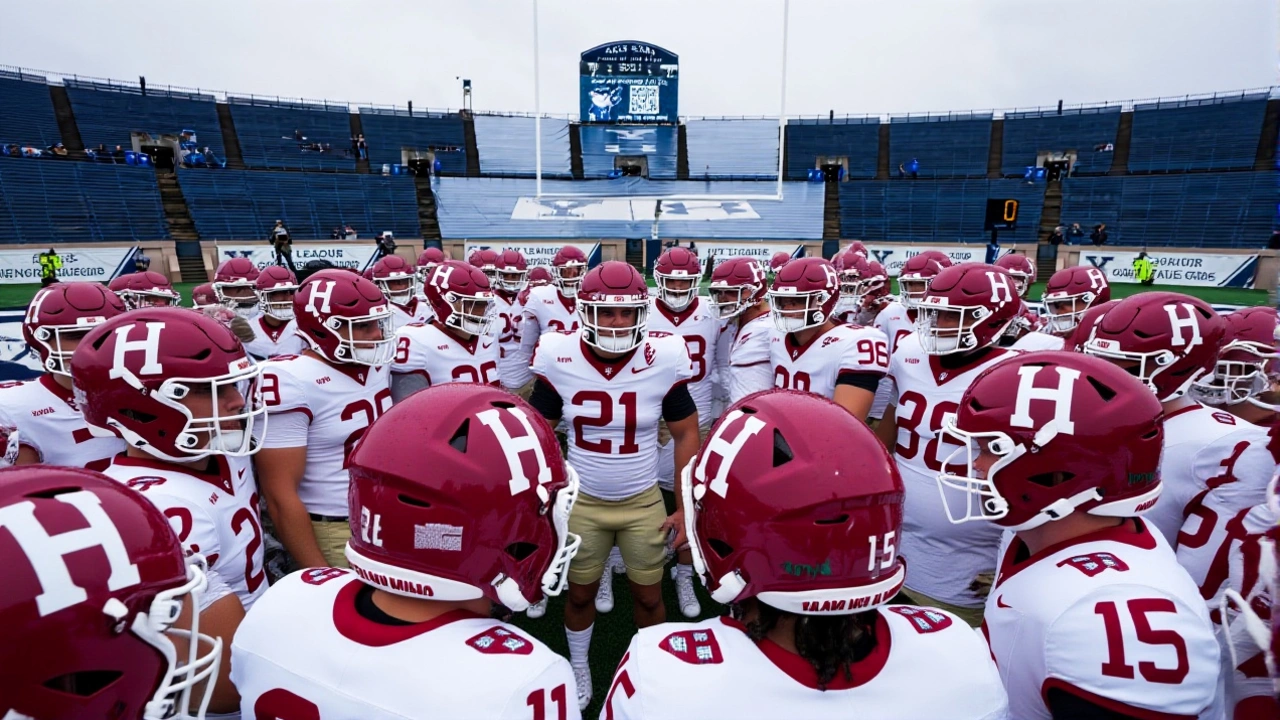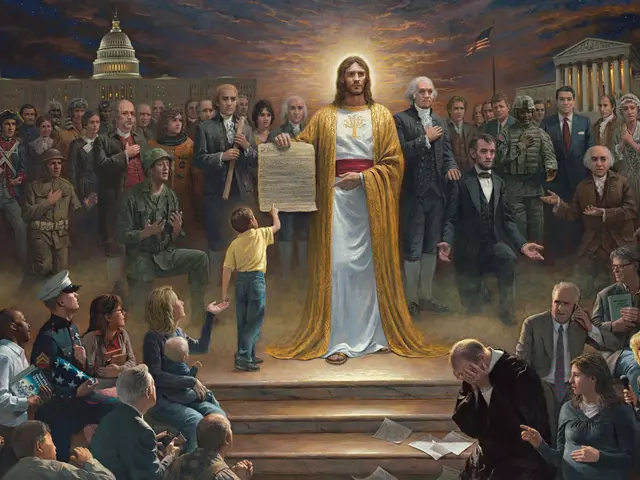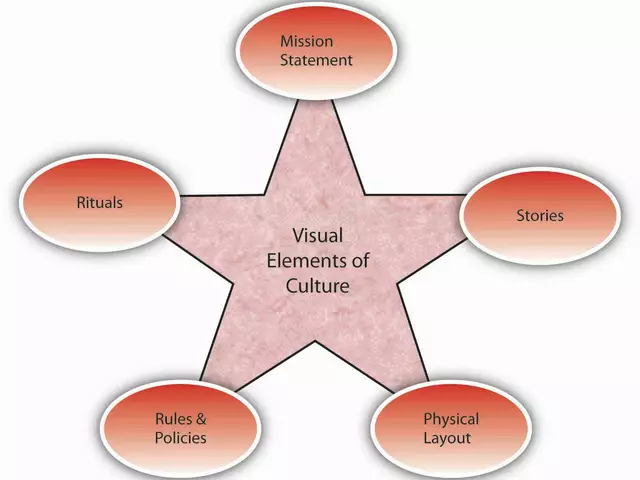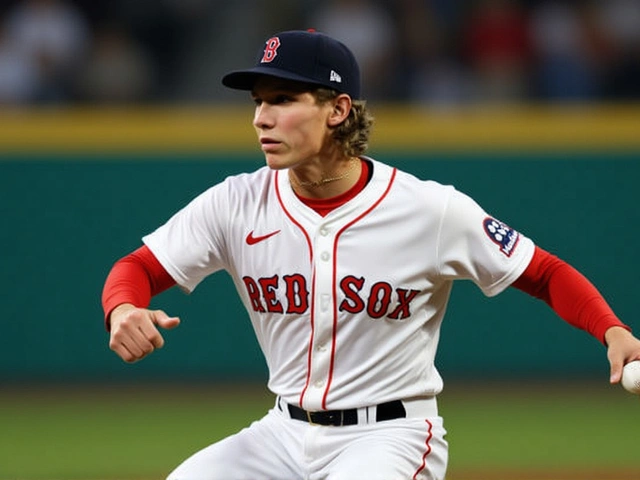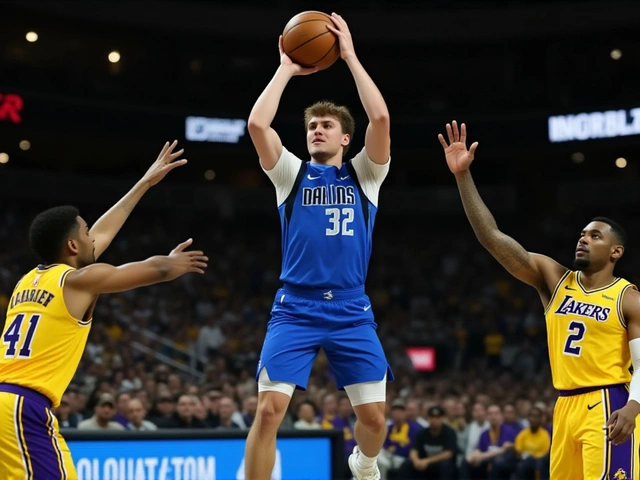On Saturday, November 22, 2025, the air in New Haven, Connecticut, crackled with a tension rarely felt in college football — not just because it was The Game, but because for the first time since 1945, an Ivy League team could actually play for a national championship. Harvard University and Yale University met at the Yale Bowl in the 141st edition of their storied rivalry, with everything on the line: a perfect season, a share of the Ivy crown, and — most unprecedentedly — the conference’s first-ever automatic bid to the FCS playoffs.
What’s at Stake Beyond the Trophy
Harvard entered the game 9-0, ranked No. 8 in the FCS Top 25, riding a wave of momentum after a heart-stopping 45-43 win over Penn just a week earlier. The winning kick? A 53-yard field goal by sophomore Kieran Corr, slicing through the failing autumn sunlight at Harvard Stadium. That victory didn’t just keep the Crimson undefeated — it sealed at least a share of their 20th Ivy League title and third straight. But coach Andrew Aurich wasn’t just thinking about stats. "We’re playing for the 10,000 men of Harvard that deserved a playoff run that they didn’t get," he said. His words echoed through the locker room. For decades, Ivy League teams were barred from postseason play. Now, for the first time in 80 seasons, they could compete for a national title — and Harvard was poised to be the first.
Yale, at 7-2 and ranked No. 25, wasn’t just playing for pride. Senior quarterback Jaden Craig, who’d thrown for 2,456 yards and 21 touchdowns with just five interceptions, had never beaten Harvard. Three losses. Three Yale field rushes. Three times he’d been carried off by his own teammates after a win — only to watch Harvard celebrate the next day. "It’s personal," one Yale linebacker told the Yale Daily News. "We’ve got to make it count. This isn’t just tradition. It’s destiny."
The Numbers Behind the Rivalry
The historical weight is staggering. Yale leads the all-time series 71-61-8, dating back to 1875 — the first-ever college football game between two U.S. universities. The Bulldogs boast 18 NCAA-recognized national titles; Harvard, eight. But Harvard’s last national championship came in 1919, when they won the Rose Bowl — their only postseason victory in school history. Since then, they’ve gone 86 years without playing in a playoff. Now, they had a shot at ending that drought.
Yale’s offense, led by Craig, was balanced by senior running back Josh Pitsenberger, the Ivy League’s leading rusher. "He’s the guy who keeps the ball moving when the game’s on the line," noted Harvard Magazine. Harvard’s defense, meanwhile, had allowed just 14.2 points per game — the best in the conference. The battle lines were drawn: Harvard’s precision passing and explosive special teams versus Yale’s grinding, clock-eating ground game.
The First-Time Factor
This wasn’t just another Thanksgiving weekend game. It was a cultural reset. The Ivy League’s 2024 decision to allow FCS playoff participation — reversing a policy that dated to the era of leather helmets and one-platoon football — turned The Game from a symbolic finale into a literal qualifier. Harvard’s win over Penn guaranteed them a share of the title. But to clinch the automatic bid, they needed to win outright. A Yale victory? That would tie the two teams at 6-1 in conference play, but Yale would win the tiebreaker — meaning they’d be the ones heading to the playoffs, not Harvard.
"The stakes have changed," said Andrew Aurich in his pregame press conference. "Before, it was about bragging rights. Now, it’s about legacy. It’s about whether we’re the team that broke the ice."
What Happened on the Field
The game itself was a masterclass in tension. Harvard’s sophomore quarterback, Dante Reno, connected with wideout Nico Brown for a 7-yard gain to the Harvard 24-yard line in the third quarter — a seemingly minor play, but one that kept a crucial drive alive. By the fourth, the score was tied 21-21. Yale’s defense held firm, forcing a Harvard punt with 4:12 left. But Craig, in his final home game, led a 12-play, 78-yard drive that chewed up 5:17 of clock. A 2-yard plunge by Pitsenberger gave Yale a 28-21 lead with just 22 seconds left.
Harvard had one last chance. Reno connected on two quick passes — 18 yards, then 22 — to get to the Yale 35. With 3 seconds left, Corr lined up for a 52-yard field goal. The snap. The hold. The kick. It was true… but just short. The ball clanged off the left upright. Silence. Then, the Yale band played. The students poured onto the field. For the first time in over a century, the victors of The Game weren’t just celebrating a rivalry win — they were celebrating a playoff berth.
The Ripple Effect
Yale’s 28-21 win didn’t just send them to the FCS playoffs — it shattered the myth that Ivy League football couldn’t compete on a national stage. The Bulldogs, as the Ivy’s automatic qualifier, earned a spot in the 24-team playoff bracket, set to begin November 29, 2025. Harvard, despite finishing 9-1, was left out — a cruel twist for a team that had gone undefeated in the regular season.
"It’s a new world," said Andrew Aurich afterward, voice steady. "We didn’t get the outcome we wanted. But we showed what this program can do. And that matters."
The NCAA announced that next year, the Ivy League’s playoff spot will be determined by a tiebreaker system — head-to-head, then conference record — ensuring future The Game matchups will carry even greater weight. For now, Yale holds the keys to the kingdom. But Harvard? They’ve proven they belong in the conversation. The door is open. And they’ll be back.
Frequently Asked Questions
Why is this the first time the Ivy League has been eligible for the FCS playoffs?
The Ivy League banned postseason football in 1945 to preserve its academic focus and avoid the commercialization of college sports. After decades of debate, the conference voted in 2024 to allow its teams to qualify for the FCS playoffs — a historic reversal that made the 2025 season the first in 80 years where an Ivy team could compete for a national title.
How did Harvard’s loss affect their legacy?
Despite finishing 9-1, Harvard’s failure to win outright cost them the playoff berth and the outright Ivy title. But their undefeated regular season and No. 8 national ranking proved they’re among the nation’s elite FCS teams. Many analysts believe this loss will fuel a stronger 2026 campaign — and possibly end their 86-year playoff drought next year.
What’s the significance of Yale’s win for the Ivy League?
Yale’s victory proved the Ivy League can produce a playoff-caliber team. As the first Ivy team to qualify for the FCS playoffs since 1945, they shattered stereotypes about academic schools being uncompetitive. Their win also validates the conference’s 2024 policy change and could inspire other FCS leagues to reconsider postseason access for non-powerhouse programs.
Who are the key players to watch in future Ivy League playoffs?
Yale’s senior quarterback Jaden Craig and rusher Josh Pitsenberger are the core of a balanced offense, while Harvard’s kicker Kieran Corr and sophomore QB Dante Reno showed elite clutch ability. Look for rising stars like Harvard’s linebacker Elijah Thomas and Yale’s defensive end Marcus Rios — both underclassmen with NFL potential — to lead their teams in 2026.
Could Harvard and Yale meet again in the FCS playoffs?
Unlikely this year — only one Ivy team qualifies. But if both teams finish 8-2 or better in 2026, they could meet again in the regular season with playoff implications once more. The Ivy League’s tiebreaker system ensures their rivalry will continue to decide who gets the automatic bid — making every future meeting even more consequential.
Why does this matter beyond college football?
This game redefines what’s possible for student-athletes at elite academic institutions. It proves that rigorous academics and high-level athletics aren’t mutually exclusive. For alumni, students, and fans across the country, it’s a reminder that tradition can evolve — and sometimes, the most historic moments aren’t in the past, but in the making.
